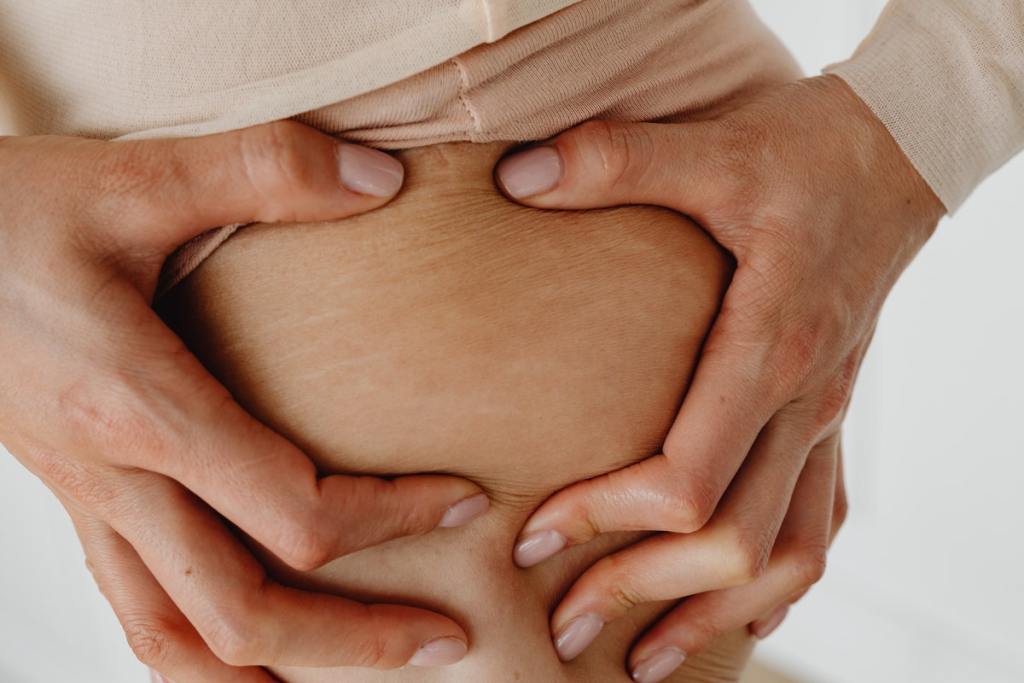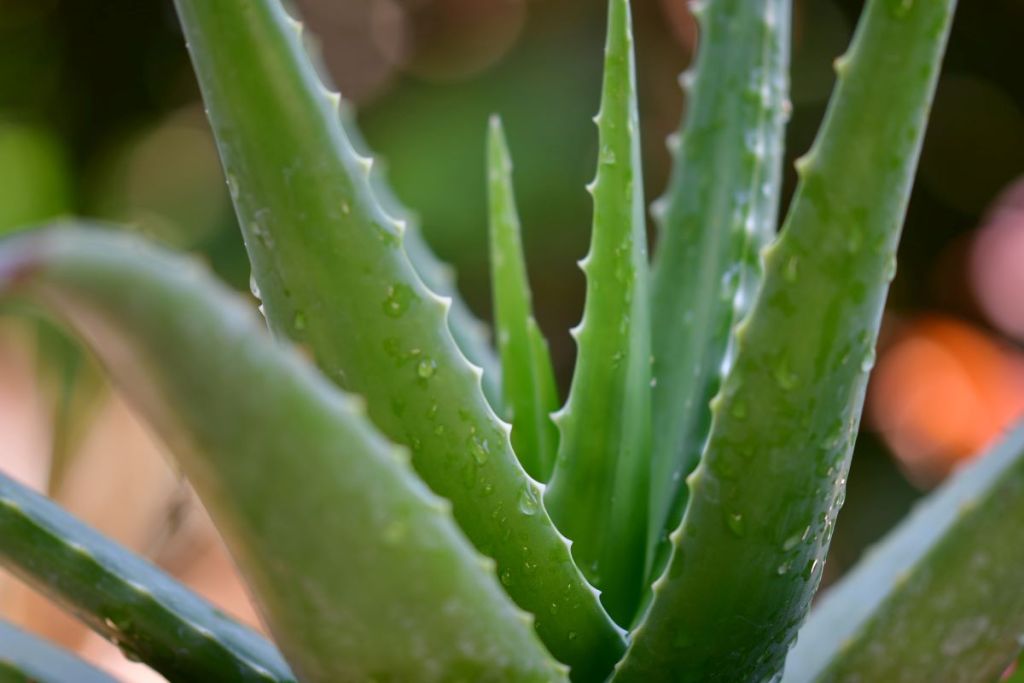This minor annoyance, called stretch marks, affects many women. Stretch marks are a common occurrence, especially during and after pregnancy. As the skin stretches and becomes taut, the quick expansion leads to stretch marks. The marks seem to linger even long after the first pregnancy—even if it was 5 years ago. However, did you know natural cures for stretch marks that are effective actually exist? This is most fortunate since women can turn to solutions that don’t involve synthetic substances or surgery. Furthermore, we have found five natural remedies for stretch marks that you can try at home. Likewise, their results just might surprise you.

What exactly are stretch marks?
Stretch marks resemble thin scars across the skin. The lengthening of the skin’s connective tissues, along with a breakdown of the collagen, makes the concealed blood vessels more visible. Consequently, they transform into noticeable red or purplish streaks. As time goes by, the marks fade to a silver color after the blood vessels heal.
Although stretch marks do not cause physical pain, they sometimes itch, and any scratching can further irritate the skin. Unfortunately, stretch marks do not go away completely after their first appearance. However, you can resort to natural remedies for stretch marks that are affordable and readily available. Better yet, you’ll find them to be easy to apply.

Natural cures for stretch marks that deliver results
You might find several creams and topical solutions that claim to make stretch marks disappear. While some products might provide relief from the itching or bring about the fading more quickly, they tend to fall short of expectations. Worse yet, they might cause an allergic reaction. Therefore, you can try these five natural ingredients you can use at home to cure stretch marks.
Cocoa butter
Cocoa butter is a plant-based fat that is obtained from cocoa beans. If you use cocoa butter for stretch marks during and after your pregnancy, you might get rid of those marks completely. For optimal results, use cocoa butter at night. Massage it into the skin area and use it over a period of a few weeks until you see results.
Aloe vera
We often regard the aloe vera plant as the wonder fix, as we have used its healing properties for generations. The gel that’s extracted from the aloe vera plant also works well as a natural cure for stretch marks. Aloe vera can revitalize the skin tissues with its healing properties. You just simply massage the aloe gel into the areas with stretch marks, leave for 20 – 30 mins, and rinse off with lukewarm water. For the best results, repeat this routine daily.
Castor oil
Castor oil is an aromatic oil that is obtained from the beans of the castor plant. Castor oil will provide nourishment and moisture to the areas affected by stretch marks. Regularly massage castor oil into the skin to heal and smooth stretch marks over a period of a few months.
Almond and coconut oil
Almond and coconut oils, combined, provide natural remedies for stretch marks. Mix both oils in equal portions and massage into the skin area. This home remedy has no side effects and can be used regularly.
Lemon juice and cucumber
Have you ever heard about the healing properties of lemon juice and cucumber for various skin issues? Well, they work effectively on stretch marks as well.
The acidity in lemon juice heals and clears up scars, while the juice from cucumber gives a cooling, topical effect.
To create this concoction, you’ll blend the cucumber and lemon juice in equal parts, mixing until it forms a paste. From there, you’ll apply it to the affected areas. Leave it on for 5 to 10 minutes before rinsing off completely.
More skincare tips to reduce the visibility of stretch marks
Along with these natural cures for stretch marks, you can take other measures to ensure your skin looks and feels its best. One is to stay hydrated inside and out. Applying moisturizer on a regular basis helps reduce the itch factor caused by stretch marks. Plus, when you drink enough water throughout the day (one of the golden rules of pregnancy), your skin stands a better chance of retaining its best qualities.
It is a common fact that getting rid of stretch marks may take time. However, with some patience and consistent use of these natural remedies for stretch marks, you’ll see them disappear.



